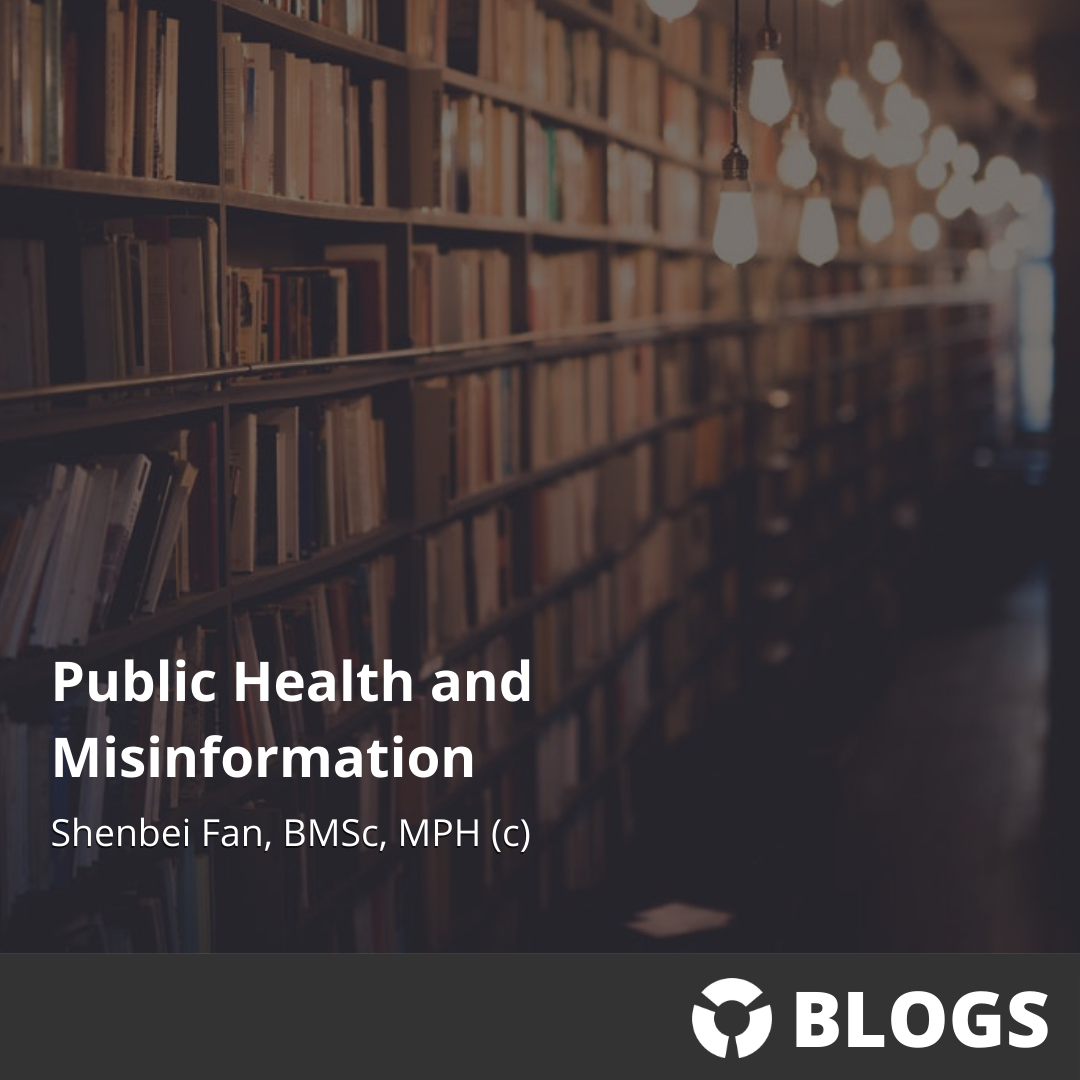
12/12/2021
“Misinformation about the COVID-19 pandemic is a serious threat to both public health and international relations, ranging from the proliferation of damaging health advice, such as ingesting bleach, to politically motivated conspiracies about where the virus originated from.”
– (Roozenbeek et al., 2020)
Campaigns and movements intended to mislead the public about the best course of action for their health are not new. From anti-vaxxers to the promotion of unregulated therapies, the litany of pseudo-scientific visions speaks to a long history of empirical evidence jostling with self-proclaimed “expertise” for attention and influence within our information space.
With the advent of COVID-19, the crisis of health misinformation has once again emerged from the shadows to take centre stage. As soon as the World Health Organization declared a pandemic in March of 2020, online media became flooded with conspiracy theories about the “China virus”, with some propagating “hoax” narratives and others peddling rumours that COVID was a “bio-weapon manufactured in a Wuhan lab”.
In this episode, the PHI team unravels the myths about the world’s greatest public health dilemma in a century and exposes the dangers of blind belief ungrounded in factual evidence.
A pandemic parallel to COVID-19 has been gripping the world in the past few years. It is the ongoing “infodemic” of unsubstantiated theories and ideas being propagated into the public information space at a breakneck rate, wreaking havoc on the general population’s ability to engage in effective health-seeking behaviour.
Measles and mumps, for example, are vaccine-preventable diseases that should not be finding themselves in the industrialized world of the 21st-century. They have experienced a resurgence in recent times due in no negligible part to anti-vax movements generating increasing levels of vaccine hesitancy among parents, resulting in decreasing immunization rates.
It is a well-known fact that high-profile celebrities and politicians are certainly not helping matters. Indeed, some studies estimate that they account for 20% of the spread of misinformation within the global media space. Recently, the Trump administration has caught fire for promoting the use of hydroxychloroquine, an anti-malarial drug, as a “cure” for COVID-19. This as well as other instances of misguided health “advice” have led individuals to engage in risky, and often harmful, misuse of drugs and substances.
It is important to note that misinformation comes in multiple forms and degrees of severity. While acute misinformation is self-evident and easily corrected, chronic misinformation appeals to the deeply held beliefs and worldviews of individuals and is much more difficult to rectify. There is also a “spectrum” of misinformation that includes falsehoods not intended to cause harm at one end, and facts deliberately skewed for malicious purposes at the other.
The advent of social media in the first years of the new millennium has revolutionized the way individuals interact in an increasingly digital world. When it comes to addressing the public need for reliable information, however, the emergence and proliferation of platforms such as Facebook, Twitter, Quora, and Reddit has given rise to one of the most vexed questions of our time: is social media a force of good or evil?
Proponents of social media argue that it serves as an efficient vehicle through which up-to-date information can be transmitted across the world and communities can be galvanized to exert social and political influence on a collective scale. A prime example of this civil mobilization at play is the use of social platforms to support the efforts of frontline COVID-19 workers across continents.
Detractors, on the other hand, claim that social media is a potent tool through which governments and organizations with ulterior motives can weaponize misinformation, amplifying falsehoods within the global media space through the use of artificial intelligence “bots” and “trolls”.
Separating fact from fiction is not as simple as it seems. There is a common misconception that “credible” agents such as governments or health professionals are infallible sources of information. This is far from reality.
Over the course of the pandemic, we have witnessed the suppression of crucial evidence about the emergence of the virus from the Chinese government, the “alternative facts” from the outgoing US presidency, and the proliferation on social media of unsubstantiated “advice” from qualified health professionals.
Even “reputable” organizations such as the Public Health Agency of Canada (PHAC) and the World Health Organization (WHO) have not entirely escaped culpability for the spread of misinformation. The PHAC initially advised Canadians against wearing masks, only to reverse this stance when evidence to the contrary began to emerge. The WHO, on the other hand, flip-flopped multiple times regarding the likelihood that presymptomatic individuals are key drivers of viral transmission and infection.
Fortunately, there is much that individuals and companies can do to combat the spread of misinformation.
Written by: Shenbei Fan, BMSc, MPH (c)
Roozenbeek, J., Schneider, C. R., Dryhurst, S., Kerr, J., Freeman, A. L., Recchia, G., van der Bles, A. M., & van der Linden, S. (2020). Susceptibility to misinformation about covid-19 around the world. Royal Society Open Science, 7(10), 201199. https://doi.org/10.1098/rsos.201199